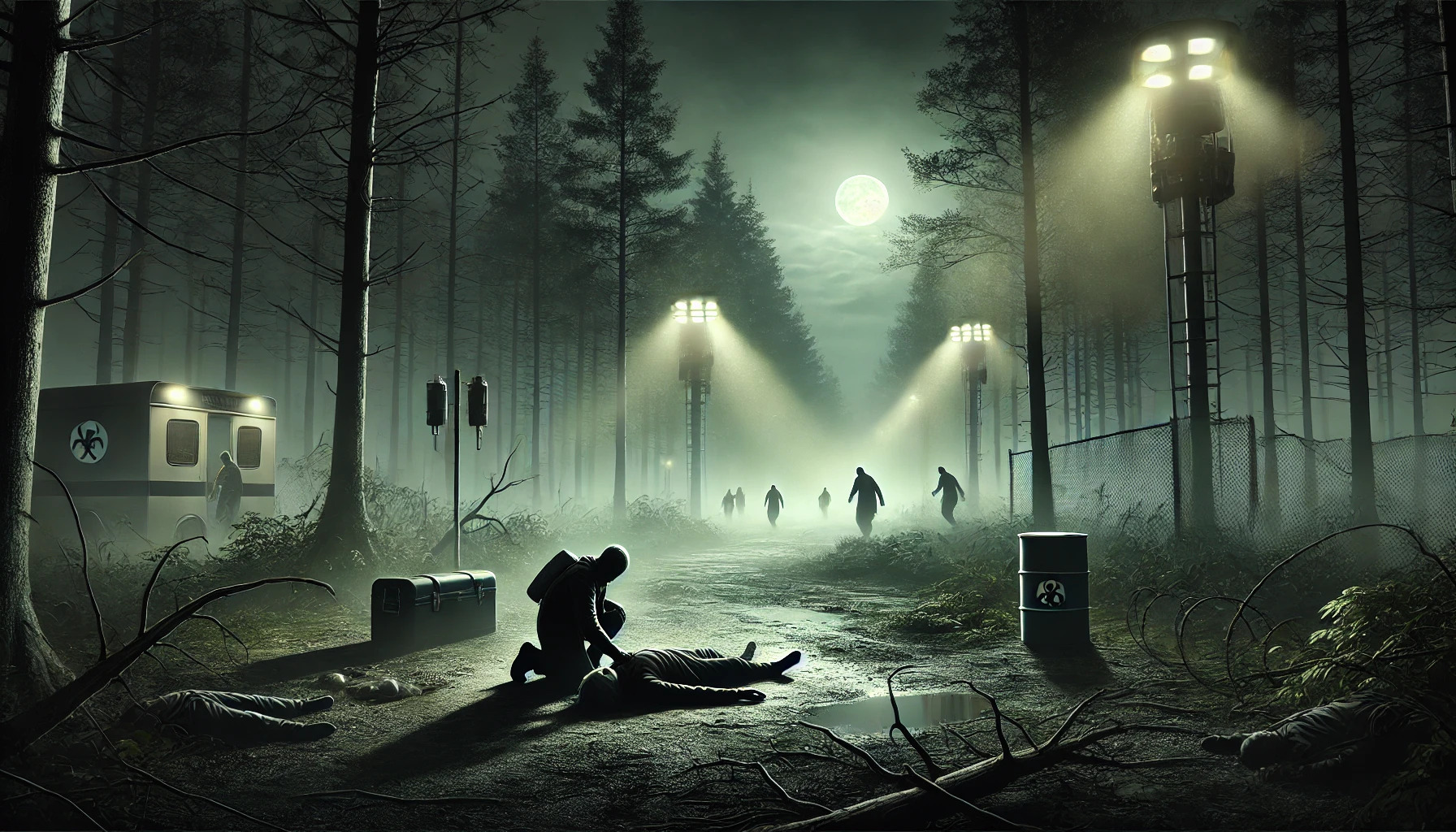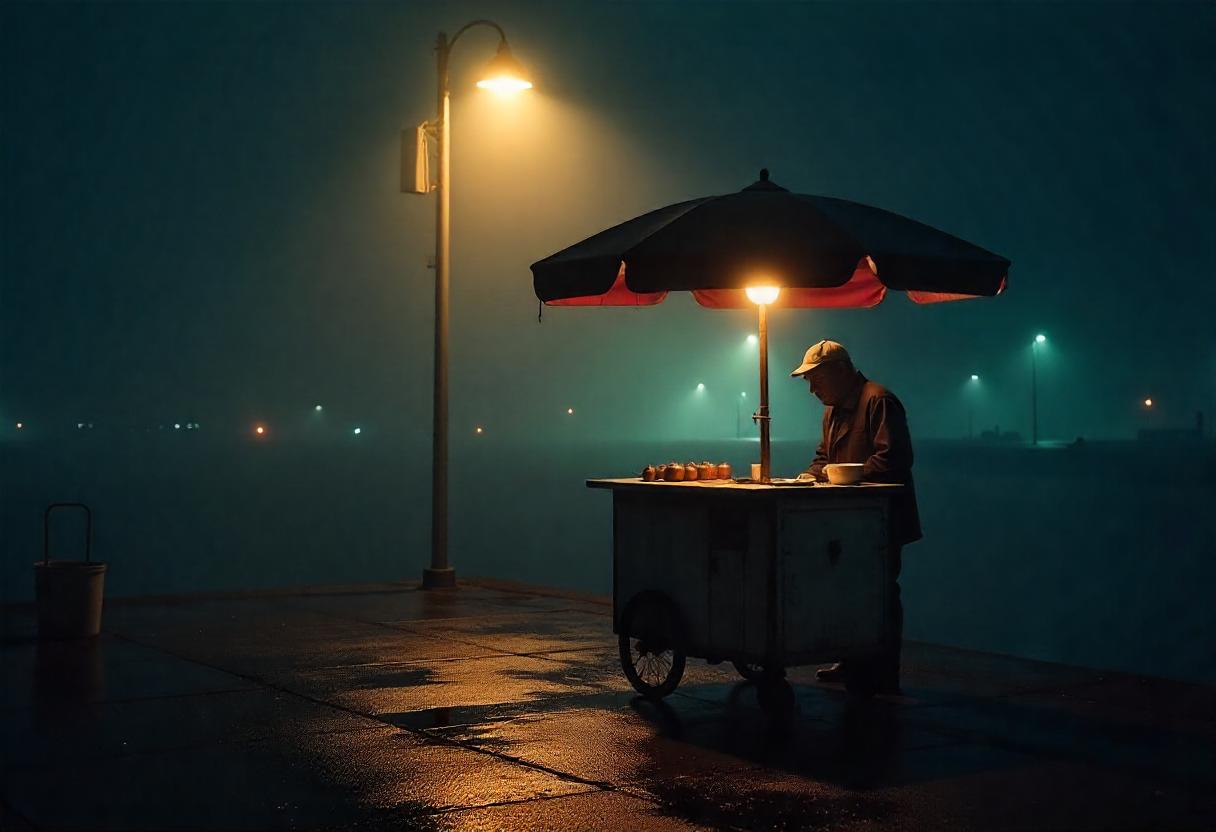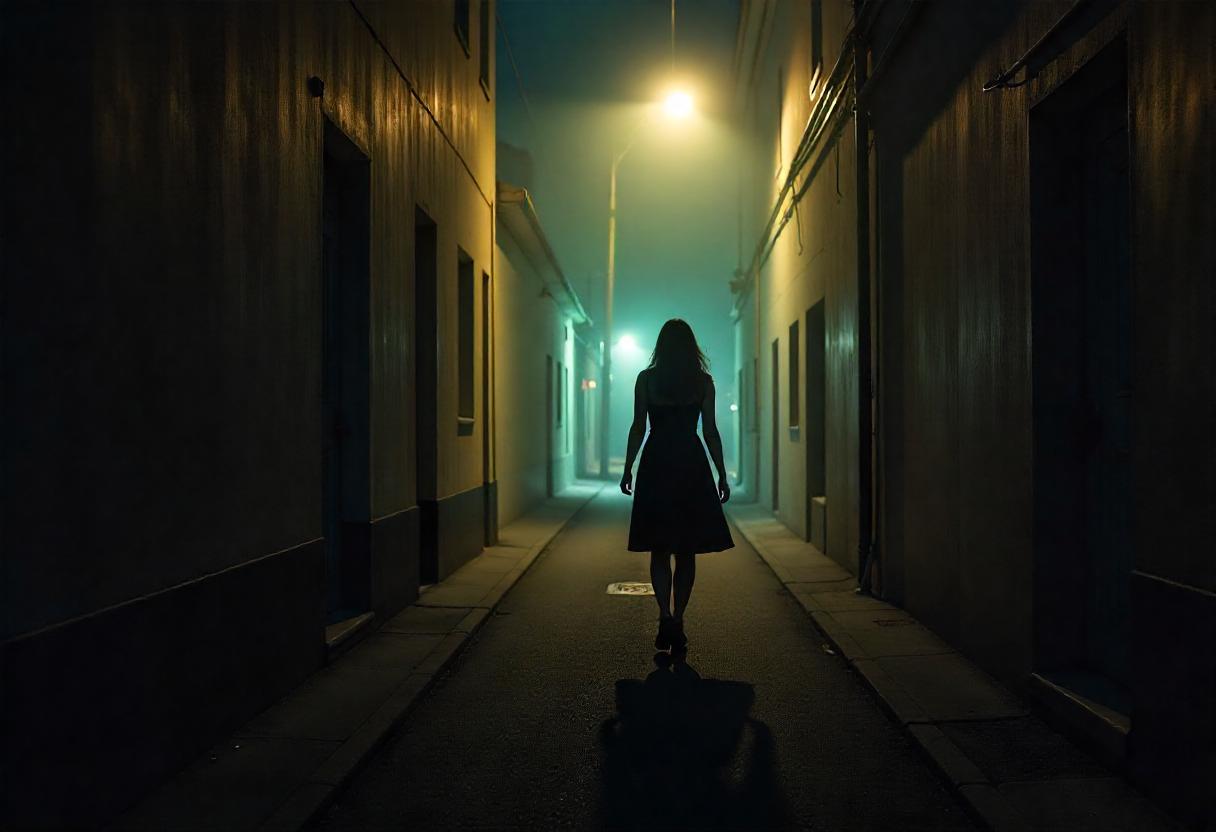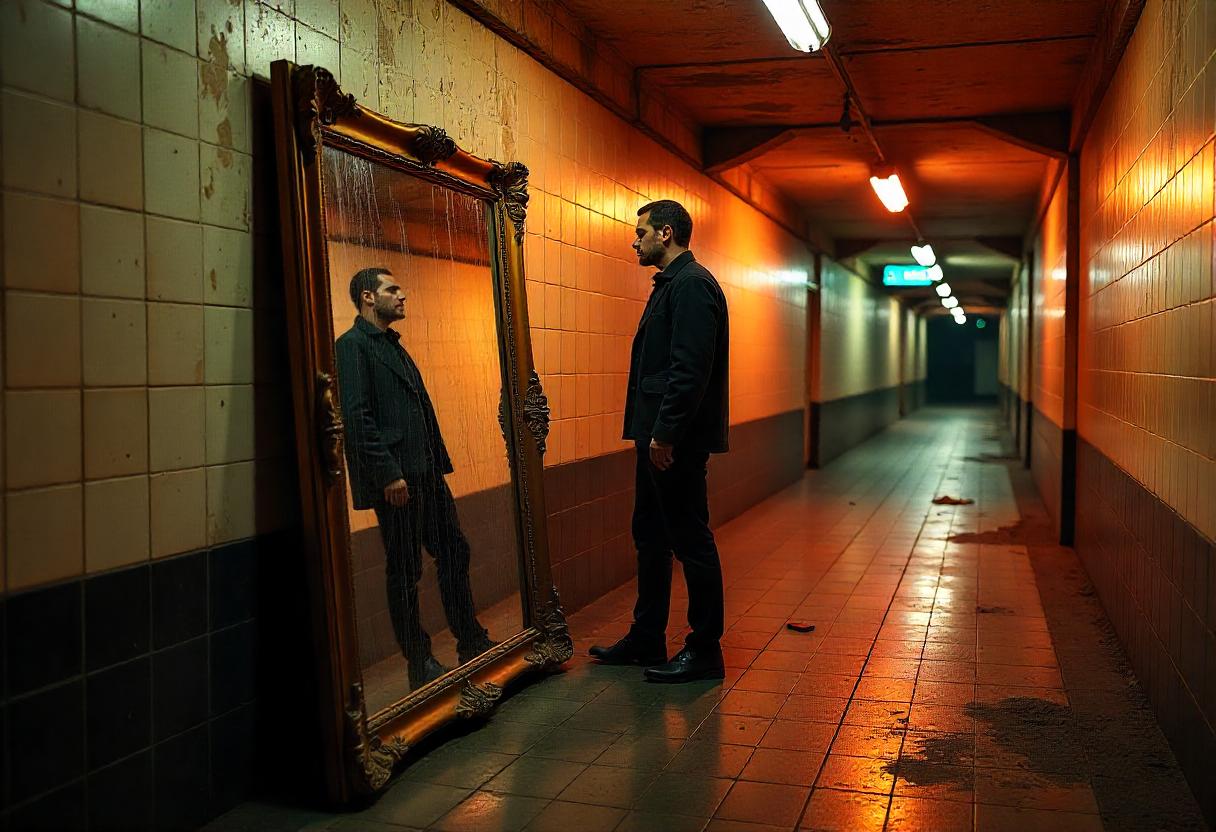
Patient Zero Never Left
When an evacuation order sweeps the city, a man discovers that the true threat isn’t the virus itself—but something much older and far more deliberate.
The evacuation order came at 3:17 a.m., blaring through every device we owned. They told us it was a precaution—an airborne virus, still "under control."
We knew they were lying.
From my window, I watched the black vans sweep the neighborhood, men in suits dragging people from their homes. No hazmat suits. No stretchers. Just quick, practiced movements, like they’d rehearsed this a hundred times before.
I packed light. One bag, no phone, no trackers. They said to head south, to the "safe zones," but everyone knew better: if they tell you where to run, it’s because that’s where they want you.
I moved through empty streets, past burning checkpoints and overturned cars. Posters flapped against telephone poles, warnings scrawled in black marker underneath the official notices: "It’s not the virus you should fear."
At the edge of town, I found the first camp. Not a hospital—more like a containment pit. Rows of cages under floodlights, people rocking back and forth, murmuring in some strange, syncopated rhythm.
A guard in full tactical gear caught my eye. He didn’t shout or raise a weapon. He just pointed at the horizon, toward the woods, and shook his head slowly. A warning.
I ran.
In the trees, I stumbled over a body—an old man, skin mottled with deep black veins, but still breathing shallowly. His eyes snapped open when I touched him. Not human eyes anymore. Something colder.
He smiled.
"They never cured me," he whispered, voice raw and broken. "They only taught me how to spread."
Before I could move, the forest around me came alive with quiet footsteps. Not soldiers. Not victims. Something in between.
And the worst part was, I could already feel it—something stirring inside my blood, answering a call I hadn’t known was there.
We knew they were lying.
From my window, I watched the black vans sweep the neighborhood, men in suits dragging people from their homes. No hazmat suits. No stretchers. Just quick, practiced movements, like they’d rehearsed this a hundred times before.
I packed light. One bag, no phone, no trackers. They said to head south, to the "safe zones," but everyone knew better: if they tell you where to run, it’s because that’s where they want you.
I moved through empty streets, past burning checkpoints and overturned cars. Posters flapped against telephone poles, warnings scrawled in black marker underneath the official notices: "It’s not the virus you should fear."
At the edge of town, I found the first camp. Not a hospital—more like a containment pit. Rows of cages under floodlights, people rocking back and forth, murmuring in some strange, syncopated rhythm.
A guard in full tactical gear caught my eye. He didn’t shout or raise a weapon. He just pointed at the horizon, toward the woods, and shook his head slowly. A warning.
I ran.
In the trees, I stumbled over a body—an old man, skin mottled with deep black veins, but still breathing shallowly. His eyes snapped open when I touched him. Not human eyes anymore. Something colder.
He smiled.
"They never cured me," he whispered, voice raw and broken. "They only taught me how to spread."
Before I could move, the forest around me came alive with quiet footsteps. Not soldiers. Not victims. Something in between.
And the worst part was, I could already feel it—something stirring inside my blood, answering a call I hadn’t known was there.



Comments